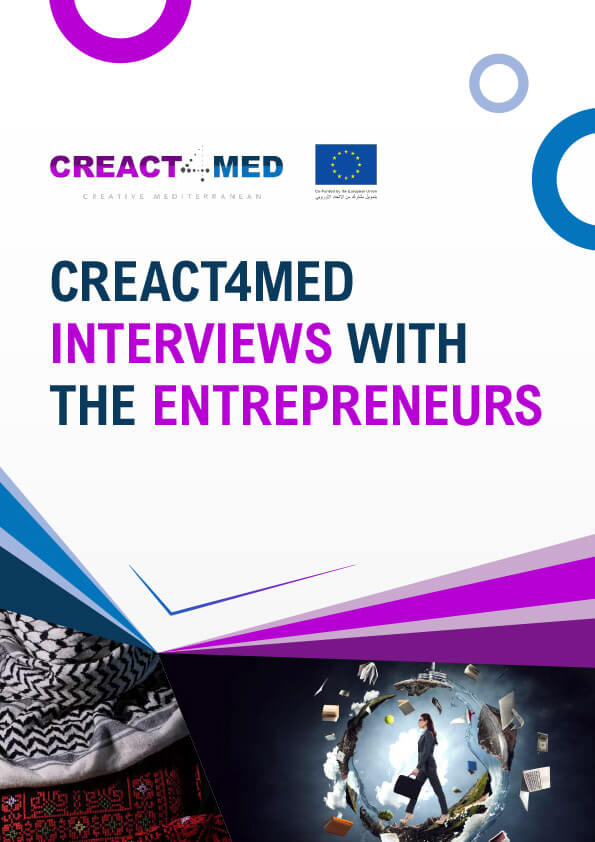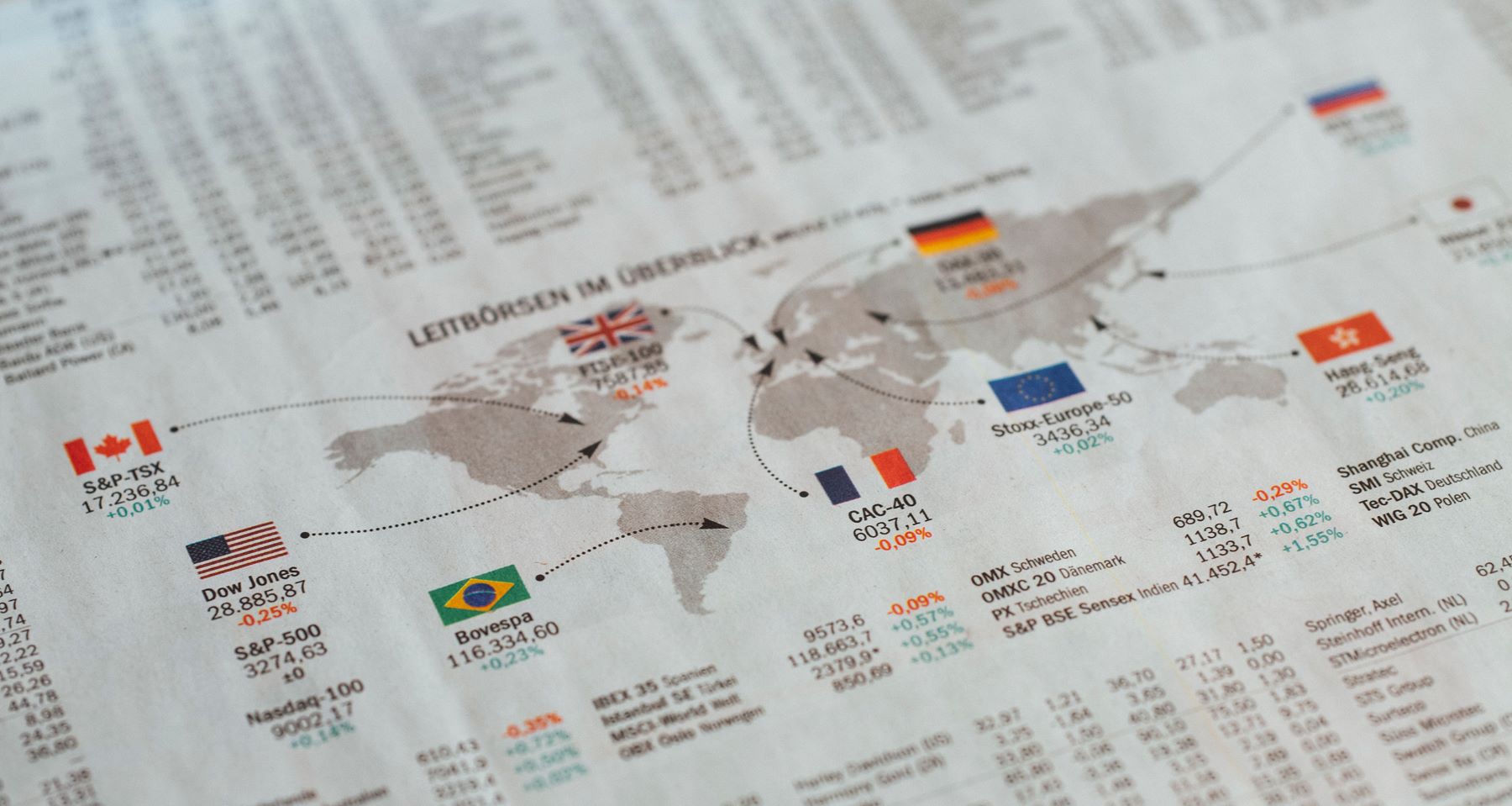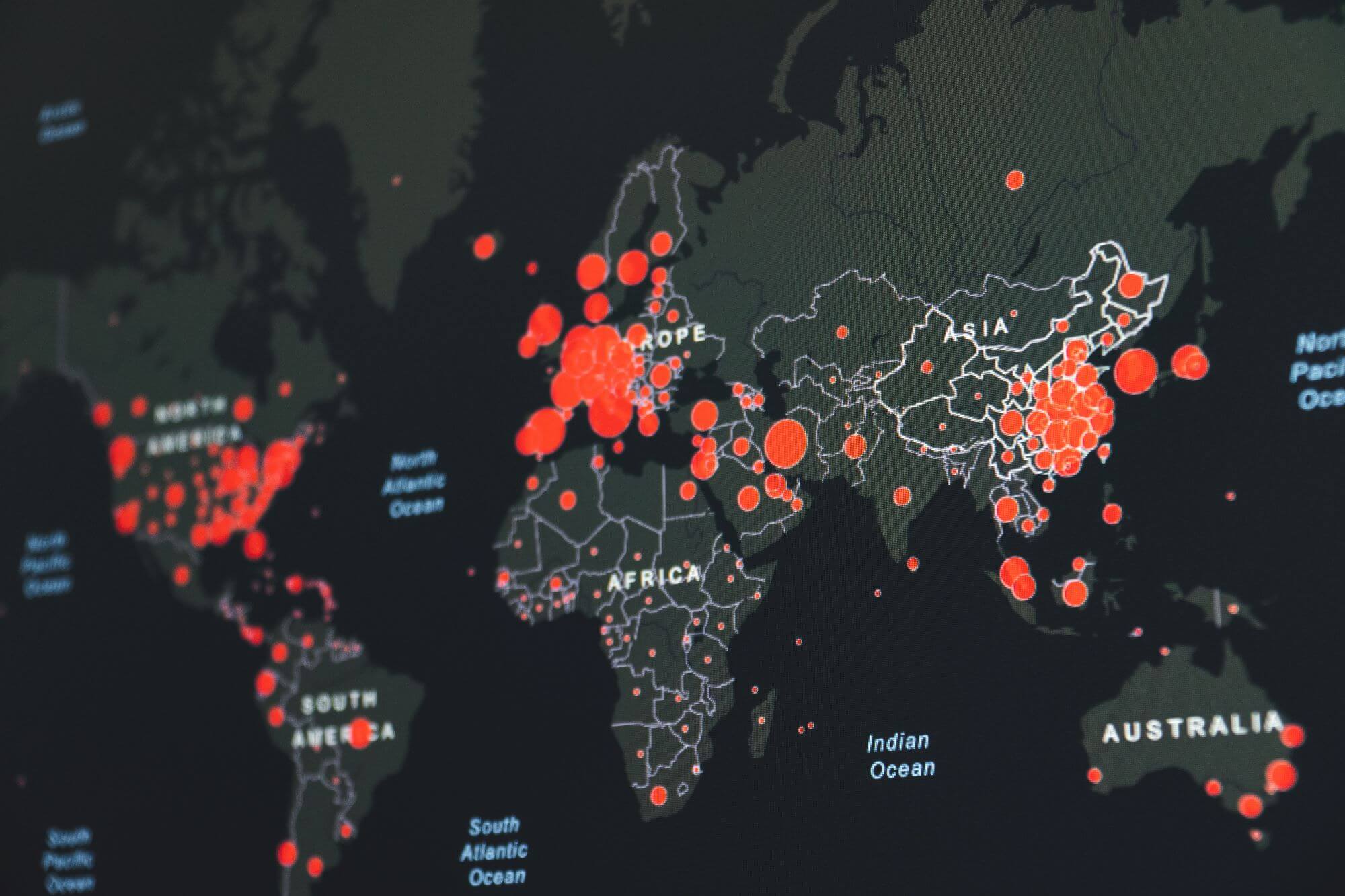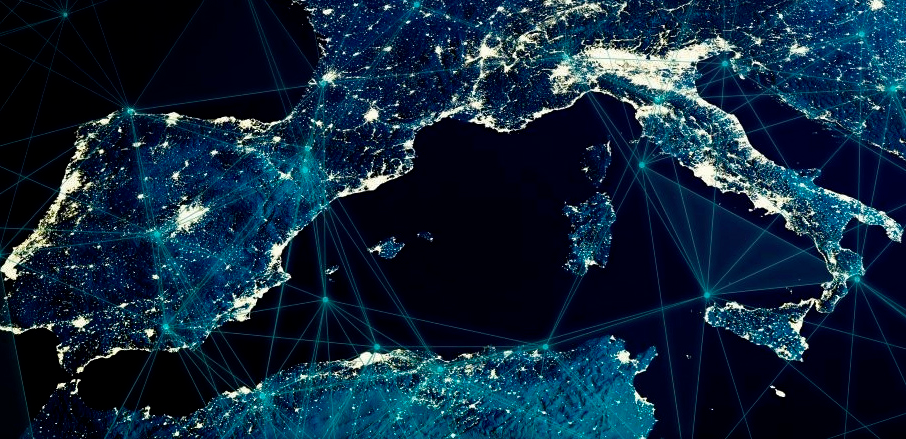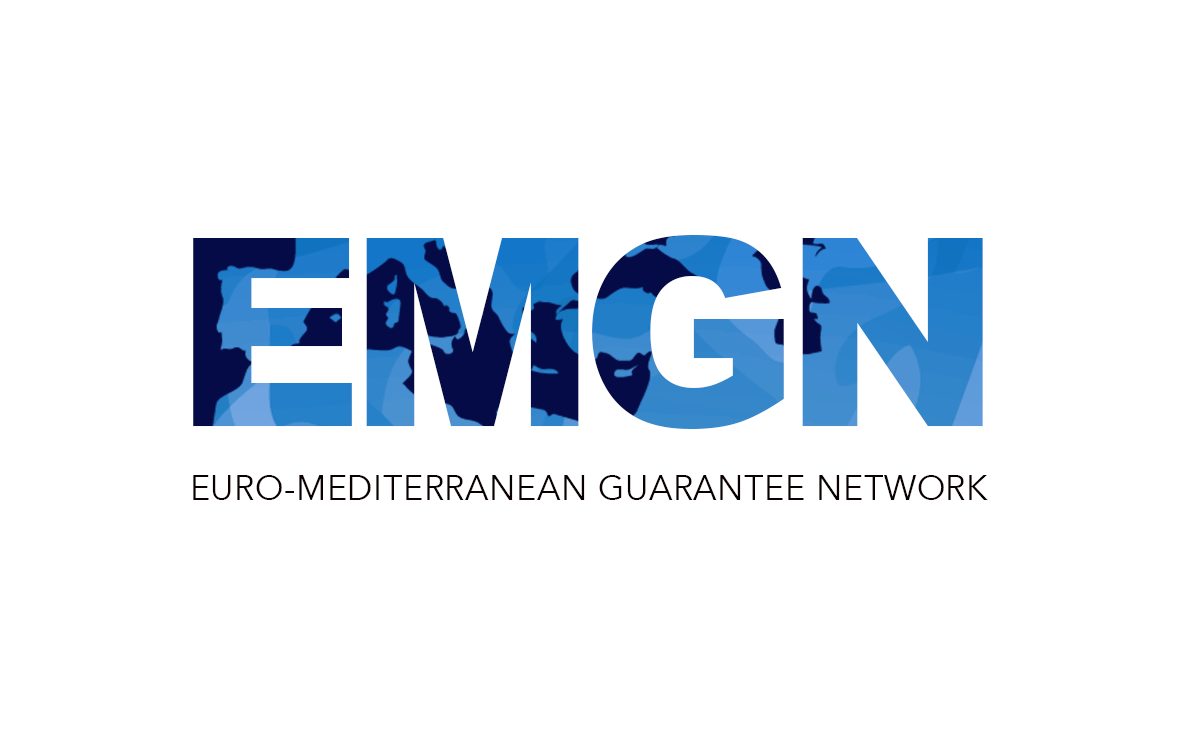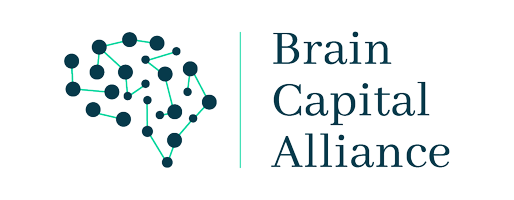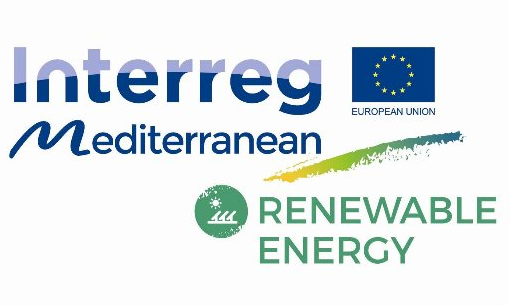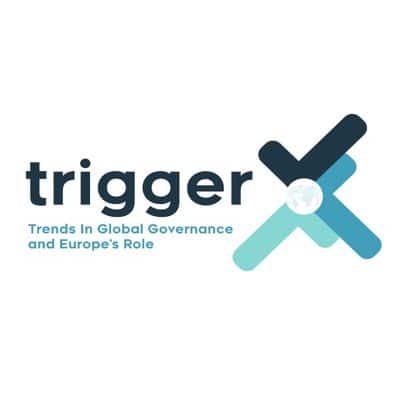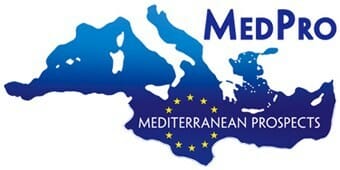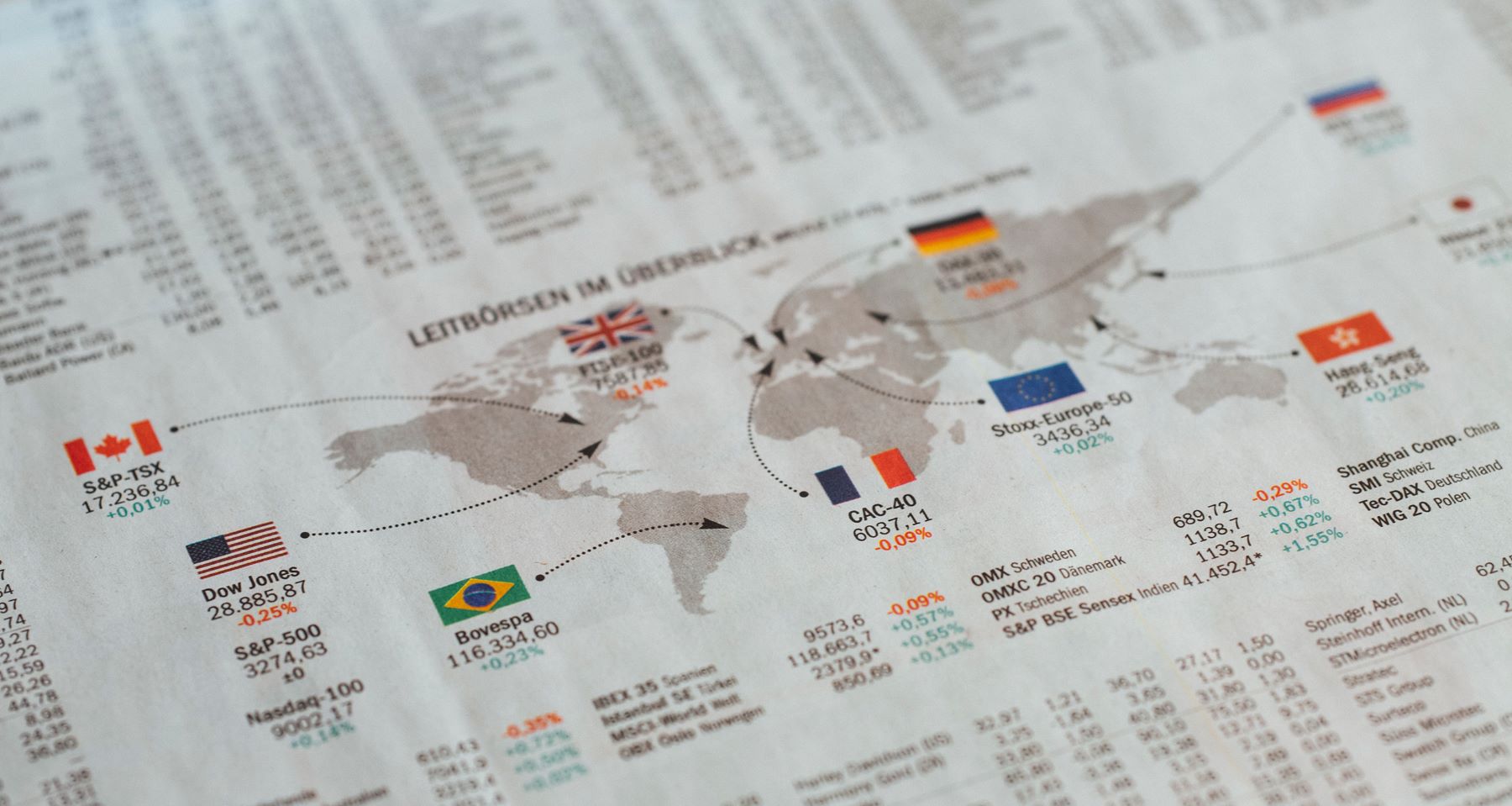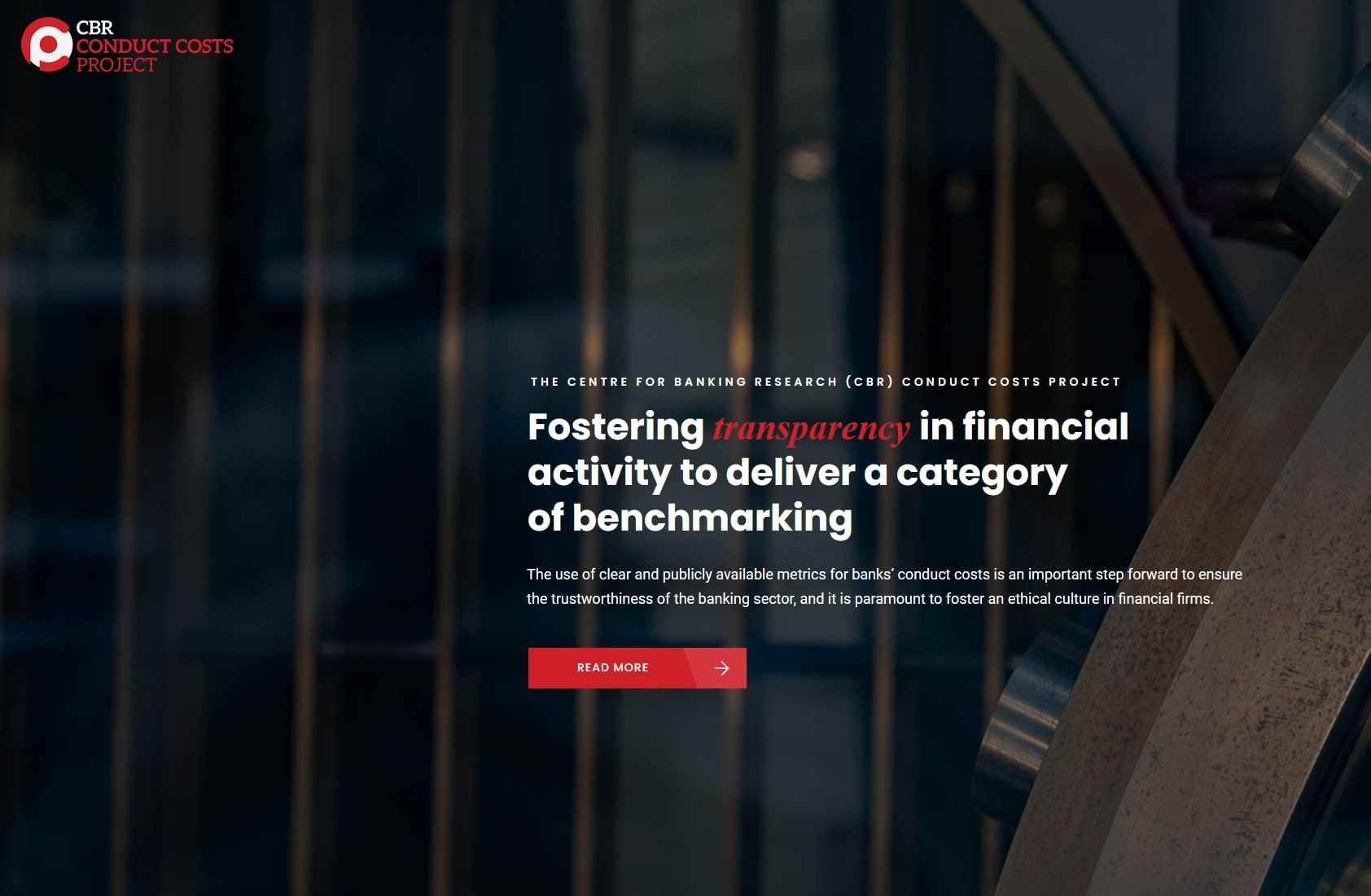The Euro-Mediterranean Economists Association strives to explore and understand the socio-economic and political challenges facing economies in transition such as the Mediterranean and Africa amidst the global geopolitical uncertainties, economic and financial crises and protracted conflicts. Our aim is to bring to the research, policy communities and civil society actors on both shores of the Mediterranean and Africa sound evidence-based analyses, policy answers and targeted actions and initiatives to address the most pressing political, economic, financial, social and environmental issues, such as curbing chronic unemployment and especially for the youth and women, improving living standards, addressing inequality, ending all forms of discrimination and conserving the natural habitat.
Research
Networks
Projects
Platforms


